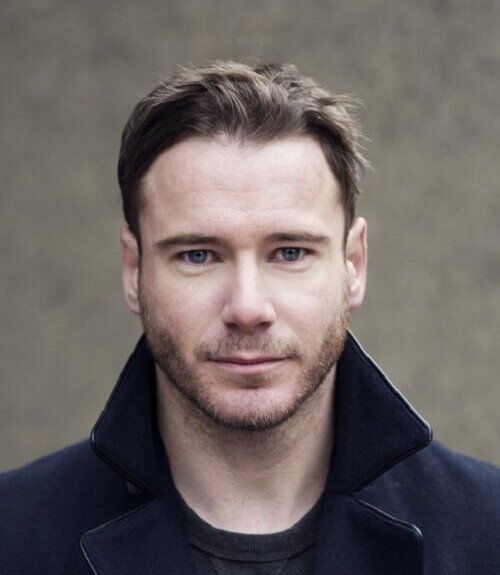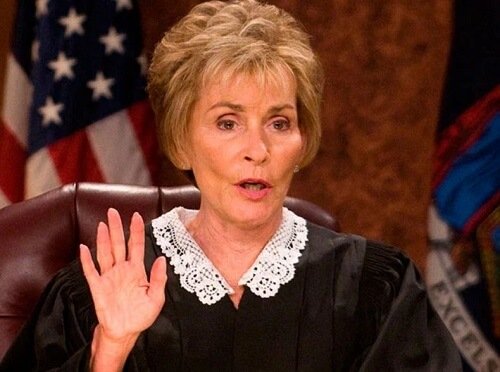In this article, here is the full details of Vladimir Putin about wiki, biography, date of birth, birthplace, zodiac sign, nationality, hometown, age, height, weight, father, mother, family, girlfriend, wife, relationship status, children, profession, education, career, net worth, facts, Wikipedia, and many more.

Early Life and Education
Vladimir Vladimirovich Putin was born on October 7, 1952, in Leningrad (now Saint Petersburg), Russia, to Maria Ivanovna Putina and Vladimir Spiridonovich Putin. His father was a factory foreman and a World War II veteran, while his mother was a homemaker. Growing up in a modest communal apartment, young Vladimir experienced the harsh realities of post-war Soviet life, which shaped his resilience and determination.
Putin showed an early interest in martial arts and judo, which he began practicing as a teenager. This interest in discipline and physical fitness continued throughout his life and became a hallmark of his public persona. In addition to his athletic pursuits, Putin was an avid student, displaying a keen interest in history and law.
After completing his secondary education, Putin enrolled at Leningrad State University, where he studied law. He graduated in 1975, writing a thesis on international law. His time at the university was pivotal, as it was there that he was recruited by the KGB, the Soviet Union’s main security agency.
KGB Career
After graduating, Putin embarked on a career with the KGB, where he served as a foreign intelligence officer. He was stationed in Dresden, East Germany, during the late 1980s, where he worked undercover and was involved in gathering intelligence on NATO and other Western powers. Putin’s experience in the KGB was instrumental in shaping his worldview, particularly his suspicion of the West and his emphasis on state security.
Putin’s KGB career lasted until the fall of the Soviet Union in 1991, after which he returned to Leningrad (now Saint Petersburg). He resigned from the KGB with the rank of lieutenant colonel, but the experience would leave an indelible mark on his approach to leadership and governance.
Entry into Politics
With the Soviet Union dissolving, Putin sought a new path. He entered politics in Saint Petersburg, working closely with Anatoly Sobchak, the city’s mayor and a former law professor. Putin quickly rose through the ranks, serving as Sobchak’s deputy and playing a key role in managing the city’s foreign relations and investments.
In 1996, after Sobchak lost his re-election bid, Putin moved to Moscow, where he joined the administration of President Boris Yeltsin. His rise in Moscow was swift, as he earned a reputation for competence and loyalty. He held various positions, including heading the Federal Security Service (FSB), the successor to the KGB, and serving as Secretary of the Security Council.
In August 1999, Yeltsin appointed Putin as Prime Minister of Russia. At the time, Russia was in a state of political and economic turmoil, with separatist movements, particularly in Chechnya, threatening the nation’s stability. Putin’s tough stance on Chechnya and his image as a strong leader quickly gained him popularity.
Presidency and Leadership
On December 31, 1999, Boris Yeltsin unexpectedly resigned, naming Putin as acting president. In March 2000, Putin won the presidential election with a clear majority, marking the beginning of his long and often controversial tenure as Russia’s leader.
Putin’s presidency has been marked by efforts to restore Russia’s power and influence, both domestically and on the global stage. Domestically, he worked to centralize power, reduce the influence of oligarchs, and stabilize the economy. He introduced reforms that improved the economy, helped reduce poverty, and restored a sense of national pride among Russians.
However, Putin’s tenure has also been characterized by increasing authoritarianism. He consolidated power by curbing the influence of the media, limiting political opposition, and extending his control over Russia’s legal and political institutions. Under his leadership, Russia has seen the rollback of many democratic freedoms, leading to criticism from Western governments and human rights organizations.
On the international stage, Putin sought to reassert Russia’s influence, challenging the West and pursuing an aggressive foreign policy. Key moments include the 2008 conflict with Georgia, the annexation of Crimea in 2014, and Russia’s military intervention in Syria in 2015. These actions have often put Russia at odds with Western powers, leading to sanctions and heightened tensions, especially with the United States and the European Union.
Return to the Presidency and Continued Leadership
After serving two terms as president, Putin was constitutionally barred from running for a third consecutive term in 2008. Instead, he became Prime Minister under his protégé, Dmitry Medvedev, who succeeded him as president. During Medvedev’s presidency, Putin remained the dominant figure in Russian politics, and in 2012, he returned to the presidency after winning the election amid widespread protests and accusations of electoral fraud.
Putin continued to tighten his grip on power, amending the constitution in 2020 to allow him to potentially remain in office until 2036. His rule has seen increased state control over the economy, the silencing of political opposition, and the suppression of civil society. Critics argue that Putin’s leadership has led to widespread corruption and human rights abuses, while his supporters credit him with restoring Russia’s global standing and improving the country’s economic situation.
Personal Life
Vladimir Putin has largely kept his personal life private. He was married to Lyudmila Shkrebneva from 1983 until their divorce in 2013. The couple has two daughters, Maria and Katerina, who have also remained out of the public eye.
Putin is known for his carefully cultivated public image, often portrayed as a strong, decisive leader. He has been photographed engaging in various activities, such as riding horses, practicing judo, and participating in outdoor sports, which have contributed to his image as a robust and energetic leader.
Legacy and Controversy
Vladimir Putin’s legacy is one of profound complexity. He is credited with bringing stability to Russia after the chaotic 1990s and restoring its position as a significant global power. Under his leadership, Russia has experienced economic growth, a resurgence in national pride, and a renewed presence on the world stage.
However, his tenure has also been marred by significant controversy. Putin’s consolidation of power, suppression of dissent, and aggressive foreign policy have drawn widespread criticism. Allegations of corruption, human rights violations, and election interference have further tarnished his reputation, particularly in the West.
As one of the most influential and polarizing figures of the 21st century, Vladimir Putin’s impact on Russia and the world will be debated for years to come. His leadership style, characterized by a blend of nationalism, authoritarianism, and strategic pragmatism, continues to shape the course of Russian and global politics.
Stay connected with the wikimavani to know more about other trending personalities the wiki, biography, date of birth, birthplace, zodiac sign, nationality, hometown, age, height, weight, father, mother, family, boyfriend, husband, girlfriend, wife, relationship status, children, profession, education, career, net worth, facts, Wikipedia, and many more.













